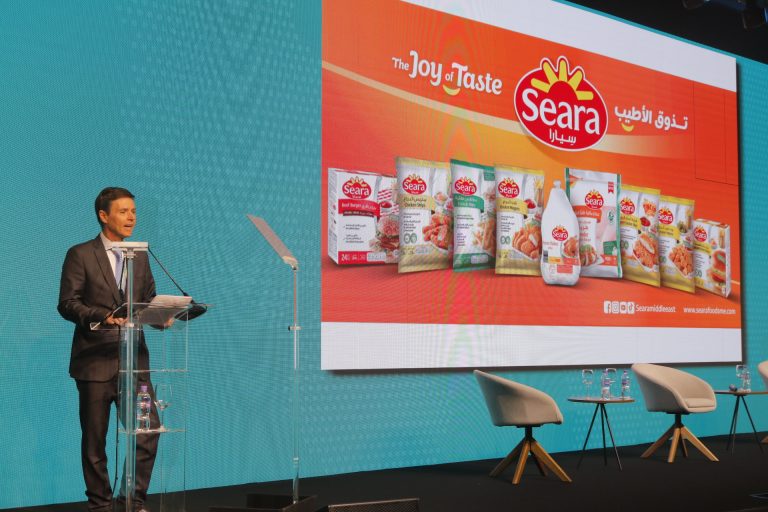São Paulo – João Campos, CEO of Seara Alimentos, said at the second edition of the Global Halal Brazil Business Forum (GHB) that making quality products is the company’s mission. Therefore, according to the executive, the subsidiary of the JBS group has achieved a very prominent position both in Brazil and worldwide. The GHB is held by the Arab-Brazilian Chamber of Commerce (ABCC) and certifier FAMBRAS Halal.
“Currently, we export 160,000 tonnes a month to over 130 countries, many of which are represented in this forum, which makes us very proud, but also gives us a great responsibility to maintain this quality standard that brought us here, and I I’m sure that will continue to lead us to build even more partnerships and conquer consumers around the world,” said Campos.
According to the executive, Seara directly serves over 200,000 customers and is present in 90% of Brazilian households. A few years ago, the company decided to enter the Middle East, with a plant in Saudi Arabia and another in the United Arab Emirates.
“We are proud to see how much the brand has grown in these markets,” said Campos. “Once again, it is evidence that focusing on quality and closeness to our customers and partners is crucial.”
Seara’s CEO said the company’s values are linked to halal concepts. He mentioned as an example the search for quality, guaranteeing the origin and safety of food. “We value quality, innovation, and technology; these are pillars that make us today the largest poultry exporter in Brazil and one of the largest exporters of halal products, not only to Arab markets but also to Europe, Japan, and other regions.”
Of Seara’s 32 poultry plants, 30 are qualified for halal production, which, according to its CEO, demonstrates that more than a certificate, it is a commitment to quality, governance, and food safety aligned with ESG practices.
Seara currently has over 90,000 employees. Its entire poultry production chain has traceability. The company has more than 10,000 partners, small farmers who raise and rear birds for the company.
Campos said Seara works together with these small producers to help them manage their business and gives advice on the family succession process. “Today, one of the biggest challenges is keeping youth and families in the countryside.”
One of the solutions is to provide technology and digitize all farm management, which facilitates the entry of youth talent into this market and provides sustainability to this model. Furthermore, over 60% of farms already use solar power, which saves costs and provides income by selling surplus energy to utility providers.
“Sustainability is a way of doing better business. It generates efficiency and more productivity for what we already have,” said Campos. “I’m sure combining the ESG agenda with our halal products further strengthens us long-term because halal already demands this. And the more we do this, the more halal becomes relevant for everyone, from suppliers to customers.”
The GHB is supported by the International Halal Academy, the Islamic Chamber of Commerce, Industry and Agriculture, the Union of Arab Chambers, and the Arab League, and held in partnership with the Brazilian Federal Government, Ministry of Development, Industry, Trade and Services, Ministry of Foreign Affairs, and ApexBrasil. Its sponsors are BRF, Marfrig, Minerva Foods, Laila Travel, Turkish Airlines, Brazilian Tourism Board (Embratur), Travel Plus, H2R Insights & Trends, World Logistic Passport (WLP), Bank ABC in Brazil, Seara, Pão & Arte, Cristal Plus, Pamunã Alimentos.
Translated by Elúsio Brasileiro




